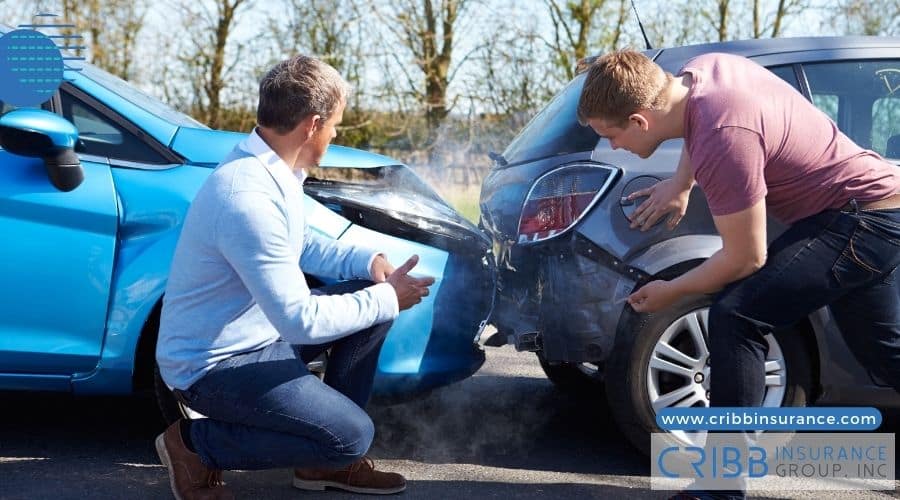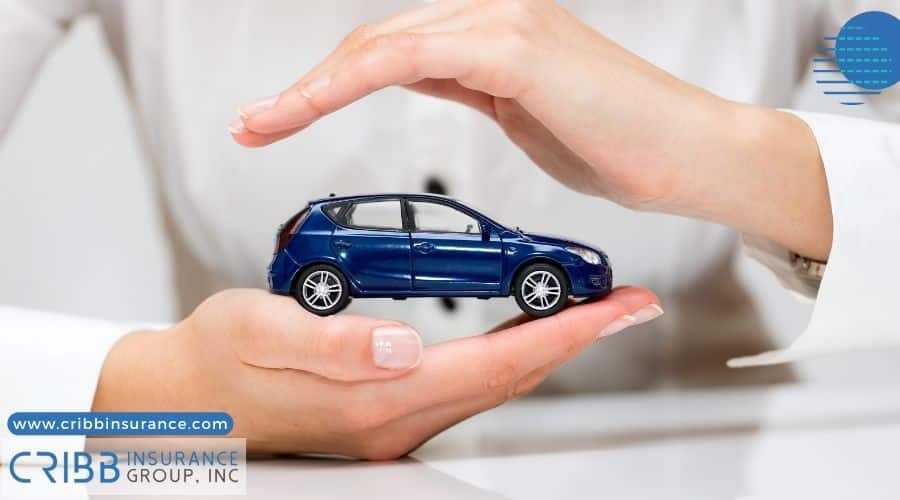When it comes to protecting your vehicle, collision insurance coverage plays a crucial role. It’s the safety net or the best auto insurance option that can save you from hefty repair bills if you ever find yourself in an accident. In this guide, we’ll break down everything you need to know about collision insurance, from understanding what it is to how to make the most of it.

Understanding Collision Insurance
Collision insurance is a type of auto insurance that covers damage to your vehicle resulting from a collision with another vehicle or object. It’s different from liability insurance, which covers damages to the other party involved in the accident. Collision insurance focuses on getting your car back on the road, regardless of who’s at fault.
How Collision Insurance Works
Coverage for Damage to Your Vehicle: Collision insurance provides coverage for repairs or the replacement cost of your vehicle if it’s damaged in an accident.
- When it comes into play: This type of coverage comes into play when your vehicle collides with another vehicle, hits an object like a tree or pole, or flips over.
- Deductibles and premiums: When purchasing collision insurance, you’ll need to choose a deductible amount. The deductible is the amount you’re responsible for paying before your insurance kicks in. Higher deductibles often result in lower premiums.
Types of Vehicles Covered
Collision insurance isn’t limited to just personal automobiles. It extends its protective umbrella to various types of vehicles, including:
- Personal automobiles: Your everyday car.
- Rental cars: If you frequently rent vehicles, collision coverage can save you from unexpected rental fees.
- Leased vehicles: These are often required by leasing companies to protect their assets.
- Company or commercial vehicles: Business vehicles are also eligible for collision coverage.
- Motorcycles and other modes of transport: Don’t forget about your two-wheeled companions.
Collision Insurance Coverage Limits
Understanding the coverage limits of your policy is crucial. Here’s what you should know:
- Coverage limits explained: Your policy will have a maximum amount it will pay for damages. Make sure you know this limit.
- Factors that affect coverage limits: Your choice of coverage limits can affect your premiums. Consider your vehicle’s value and your budget.
- Choosing the right coverage limit: Striking the right balance between coverage and affordability is essential.
- Balancing premiums and coverage: Lowering your premium might mean accepting a higher deductible.
How to Purchase Collision Insurance
When it comes to safeguarding your vehicle, securing collision insurance is a crucial step. This type of coverage ensures that you’re financially protected in the unfortunate event of an accident. The process of getting collision insurance is relatively straightforward and involves a few key steps:
- Obtaining collision insurance: To initiate the process, the first step is to reach out to your insurance provider or an experienced insurance agent. They will guide you through the process of adding collision coverage to your existing full coverage auto insurance policy.
- Where to buy it: Collision insurance can be purchased from various sources. You have the flexibility to buy it from your current insurance provider, which is a convenient choice if you’re satisfied with your existing coverage. However, it’s also a good opportunity to explore offerings from different insurers.
- Documentation required: To streamline the process, it’s essential to be prepared with the necessary documentation when purchasing collision insurance. You’ll typically need to provide details about your vehicle, including its make, model, year, and VIN (Vehicle Identification Number). Your driving history, which may include information about previous accidents or traffic violations, will also be requested.
Factors Affecting Collision Insurance Premiums
Your insurance premiums are influenced by several factors:
- Your driving record: A clean driving record often results in lower premiums. According to Market Watch, the simplest method to maintain a clean driving record is by steering clear of speeding tickets, at-fault accidents, reckless driving, and other traffic violations. Furthermore, there are avenues available to have certain types of violations expunged from your record.
- Vehicle type, make, and model: High-performance or luxury vehicles typically come with higher premiums.
- Location and environment: Where you live and where you park your car can affect your rates.
- Deductible amount: Adjusting your deductible can impact your monthly premiums.
- Bundling options: Consider bundling collision insurance with other types of coverage for potential discounts.
Making a Claim
Knowing what to do when an accident occurs is essential:
- Steps to follow when an accident occurs: First, ensure safety. Check for injuries, move to a safe location, and call the police.
- Contacting your insurance provider: Report the accident to your insurance company as soon as possible.
- Filing the claim: Provide all necessary information and documentation to initiate the claim process.
- The claim process explained: Your insurer will assess the damages, determine fault, and arrange for repairs or a replacement.
- Potential impact on premiums: Making a collision claim may lead to higher premiums. Evaluate whether it’s worth making a claim or covering minor damages yourself.
Tips for Maximizing Collision Insurance Benefits
Here are some tips to make the most of your collision insurance:
- Safe driving habits: As per Orthoinfo, you can minimize this tragic toll by following traffic safety rules, practicing defensive driving, and maintaining your vehicle. Additionally, remember to wear safety belts, abstain from drinking and driving, avoid texting while driving, and be vigilant about the potential impact of your medications on your ability to drive.
- Maintenance and care for your vehicle: Regular maintenance can reduce the risk of accidents and keep your vehicle in good shape.
- Reviewing and updating coverage: As your circumstances change, revisit your coverage to ensure it still suits your needs.
- Understanding policy exclusions: Be aware of any situations or damages that may not be covered by your collision insurance policy.
Get Ready to Protect Your Vehicle with Cribb Insurance
Collision insurance coverage provides a safety net for your vehicle in the event of an accident. Understanding how it works, choosing the right coverage limits, and taking advantage of tips for maximizing benefits can help you make informed decisions about your insurance policy. Remember to review your policy regularly and make adjustments as needed to ensure your coverage aligns with your needs and budget.
Contact Cribb Insurance Group Inc today and secure the collision insurance coverage you need for peace of mind on the road. Get a quote now for your Bentonville car insurance.

Frequently Asked Questions
What’s the difference between collision and comprehensive insurance?
Collision insurance covers damages resulting from collisions with other vehicles or objects, while comprehensive insurance covers damages caused by events such as theft, vandalism, or natural disasters.
Is collision insurance required by law?
Collision insurance is not typically required by law. However, if you have a car loan or lease, your lender or leasing company may require it as part of the contract.
Can I choose my repair shop when using collision insurance?
Some insurance companies provide a list of approved repair shops, while others allow you to choose your preferred facility. Check your policy or ask your insurer for details.
Should I keep collision insurance on an older vehicle?
The decision to keep collision insurance on an older vehicle depends on its value, your financial situation, and how attached you are to the vehicle. Consider the cost of coverage versus the vehicle’s worth.
Will my collision insurance cover a rental car?
Collision insurance for your primary vehicle may extend to a rental car, but it’s essential to check your policy or consult with your insurer to confirm coverage.





